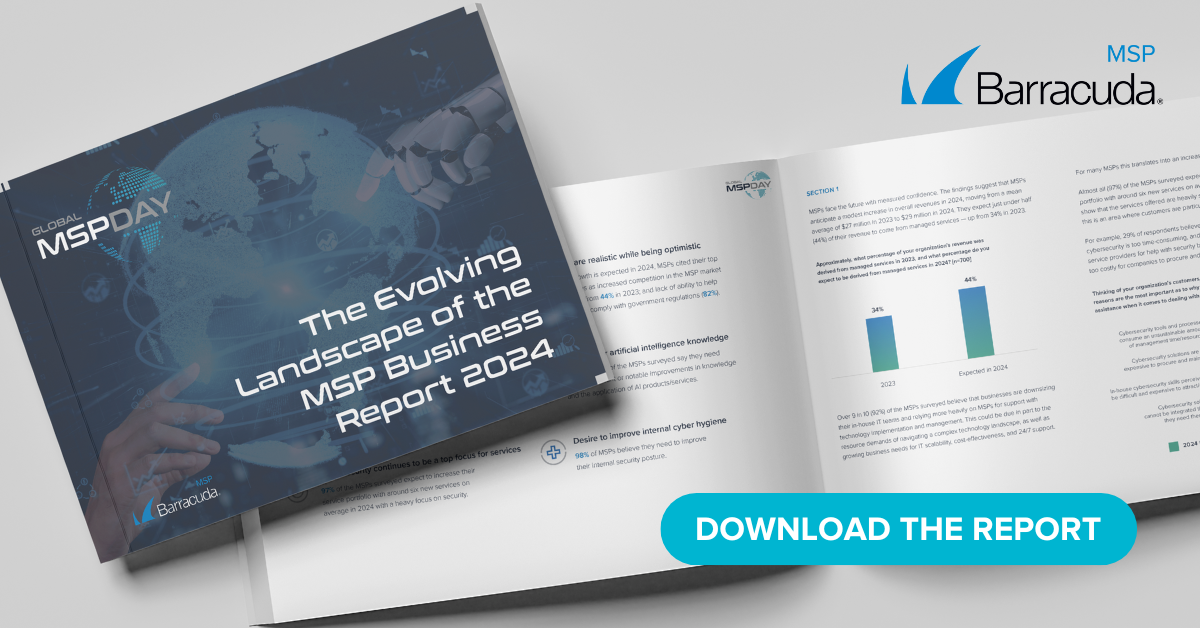 Google’s April Fools’ Day hoaxes have become an annual tradition, but long before Larry and Sergey met at Stanford, another Internet pioneer was having some fun online.
Google’s April Fools’ Day hoaxes have become an annual tradition, but long before Larry and Sergey met at Stanford, another Internet pioneer was having some fun online.
On April 1, 1984, a message appeared on Usenet, an early online network still in operation today. The message purported to be from a K. Chernenko of Moscow, USSR, announcing that the Soviet Union had connected to Usenet to have “an open discussion forum with the American and European people” and make “clear to them our strong efforts towards attaining peaceful coexistence between the people of the Soviet Union and those of the United States and Europe.” K. Chernenko used an alleged Kremlin server called “kremvax” and signed off with a “na zdarovje!” and the suggestion that everyone open a flask of vodka.
The man behind Kremvax
As you might imagine, if you lived through any part of the Cold War, this generated quite a buzz. It even prompted a “serious discussion” at the Pentagon, at least according to the Usenet message’s real author. The originator of the message was not, in fact, K. Chernenko but one Piet Beertema (who went on to found .nl, the top-level domain for the Netherlands).
After two weeks of intrigue and a mailbox filled with replies to the USSR’s supposed online activity, Beertema finally outed himself as the man behind Kremvax. In a Usenet message, he shared some of the responses he had received:
- “Do you have wombats in Mother Russia?”
- “I’m the night operator and don’t have any vodka, so will a hot pot of coffee do?… Well I better go back to work, just wanted to say hi and welcome.”
- “The USSR joins the net article did not arrive here 1 April. Is there not a convention that jokes that are not obvious contain the 🙂 symbol?”
In tribute to Beertema’s hoax, when the Soviet Union truly did connect to Usenet in 1991, it did so with the domain name “kremvax.”
Photo: Gustavo Frazao / Shutterstock
